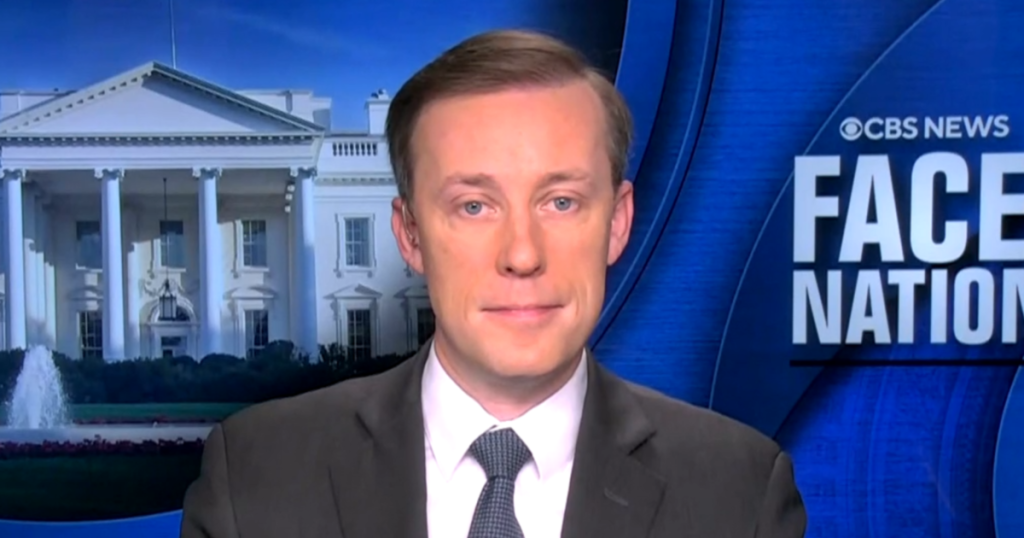In the interview with National Security Adviser Jake Sullivan on “Face the Nation,” he emphasized the importance of achieving a comprehensive ceasefire and hostage deal to ensure the safe return of all hostages and to bring about a better future for the Palestinian people. Sullivan highlighted the need for Hamas to respond positively to the deal that President Biden has advocated for, as it would lead to a ceasefire, increased humanitarian aid, and improved conditions in Gaza. He stressed the urgency of reaching a resolution to end the suffering and conflict in the region.
Sullivan discussed the US’s support for the military operation that successfully rescued hostages in Gaza and acknowledged the potential implications of these operations on the diplomatic negotiations for a ceasefire. He emphasized the need for Hamas to respond to the ceasefire and hostage deal proposed by President Biden, noting that the world is looking to Hamas to accept the deal and bring about an end to the conflict. Sullivan highlighted the ongoing communication with mediators and reinforced the message that the deal is the best way to achieve a resolution.
Regarding discussions with Israeli counterparts, Sullivan reiterated the importance of a holistic strategy that combines military, political, and humanitarian efforts to defeat terrorist groups like Hamas. He underlined the need for clarity on the day after the conflict ends and expressed hope that a ceasefire and hostage deal would be in place by the time the Israeli prime minister addresses Congress. Sullivan emphasized the potential for peace and stability in the region if the deal is accepted, reflecting America’s interests and values.
Sullivan addressed concerns about potential war crimes in Gaza and reiterated the US’s commitment to investigating specific incidents and expressing concern for innocent Palestinian lives. He emphasized the need for Israel to be precise and targeted in its military operations while also calling for a ceasefire and hostage deal as the ultimate solution to end the suffering in Gaza. Despite the inconclusive nature of investigations, Sullivan emphasized the urgency of reaching a resolution through negotiation and diplomacy.
Regarding the conflict in Ukraine, Sullivan discussed the US policy to allow Ukrainians to use weapons to fire across the Russian border in response to Russian aggression. He noted the positive impact of this policy decision in stalling the momentum of Russian forces in Kharkiv and expressed continued support for Ukraine in defending against aggression. Sullivan also addressed concerns about nuclear arsenals and the need to ensure a credible nuclear deterrent, especially in light of advancing capabilities of countries like Russia, China, North Korea, and Iran. He highlighted the importance of monitoring the situation closely and consulting with allies on the best path forward in nuclear arms control.
In conclusion, Sullivan emphasized the need for continued dialog with China and other countries on arms control and proliferation issues while ensuring a credible nuclear deterrent for the United States and its allies. He discussed the ongoing efforts to address the advancing nuclear arsenals of global adversaries and the potential need to consider increasing the US stockpile of strategic nuclear weapons in the future. Sullivan emphasized the importance of maintaining security and stability through diplomatic efforts and strategic decision-making in response to global challenges.


